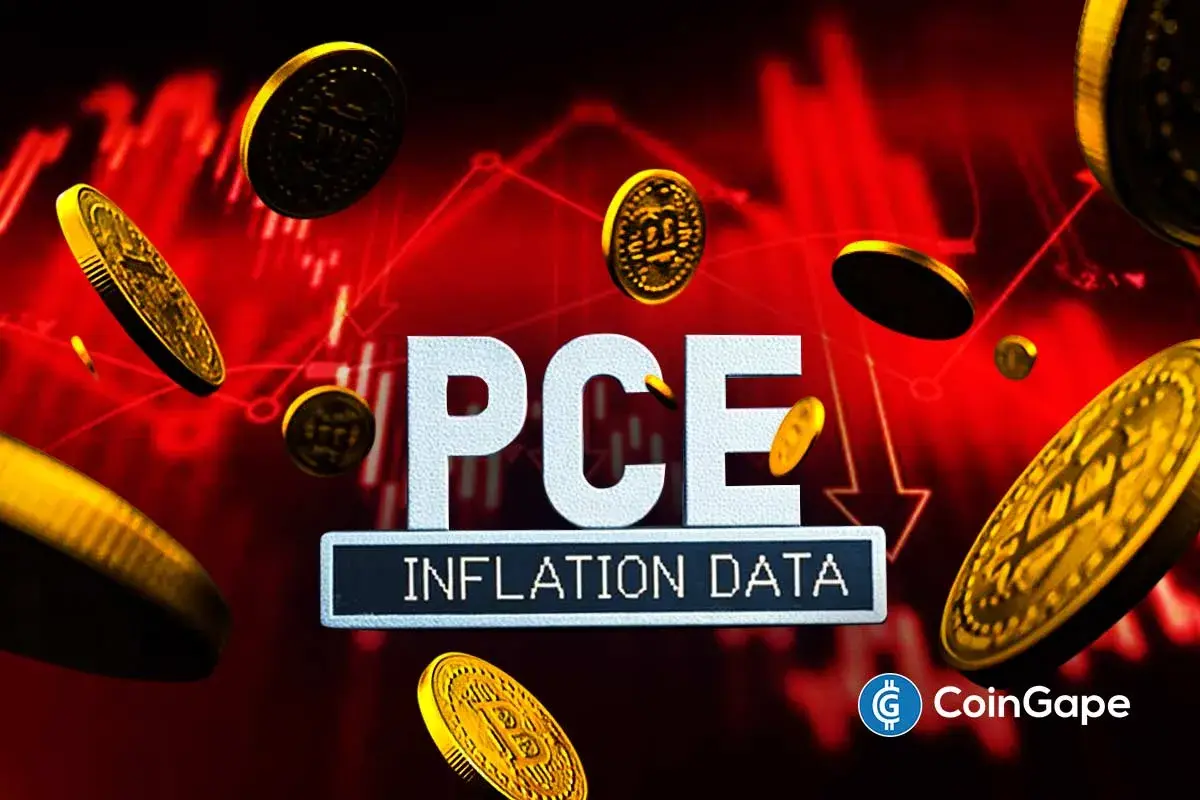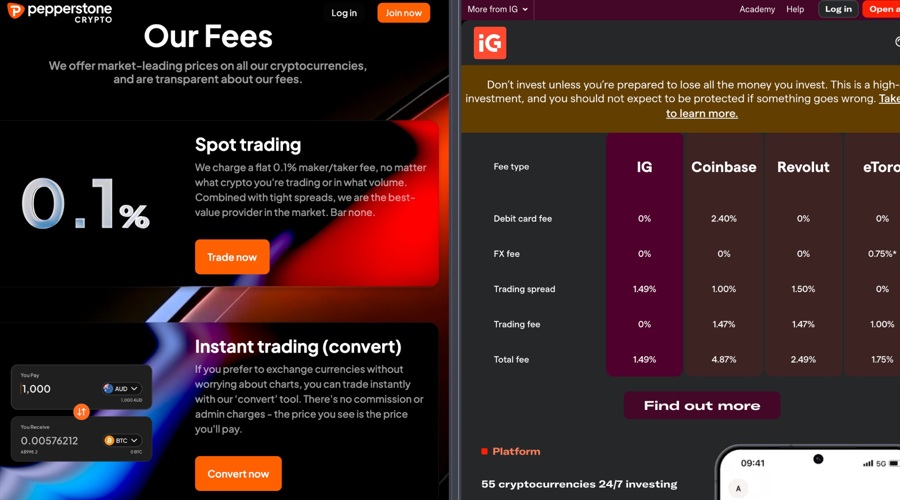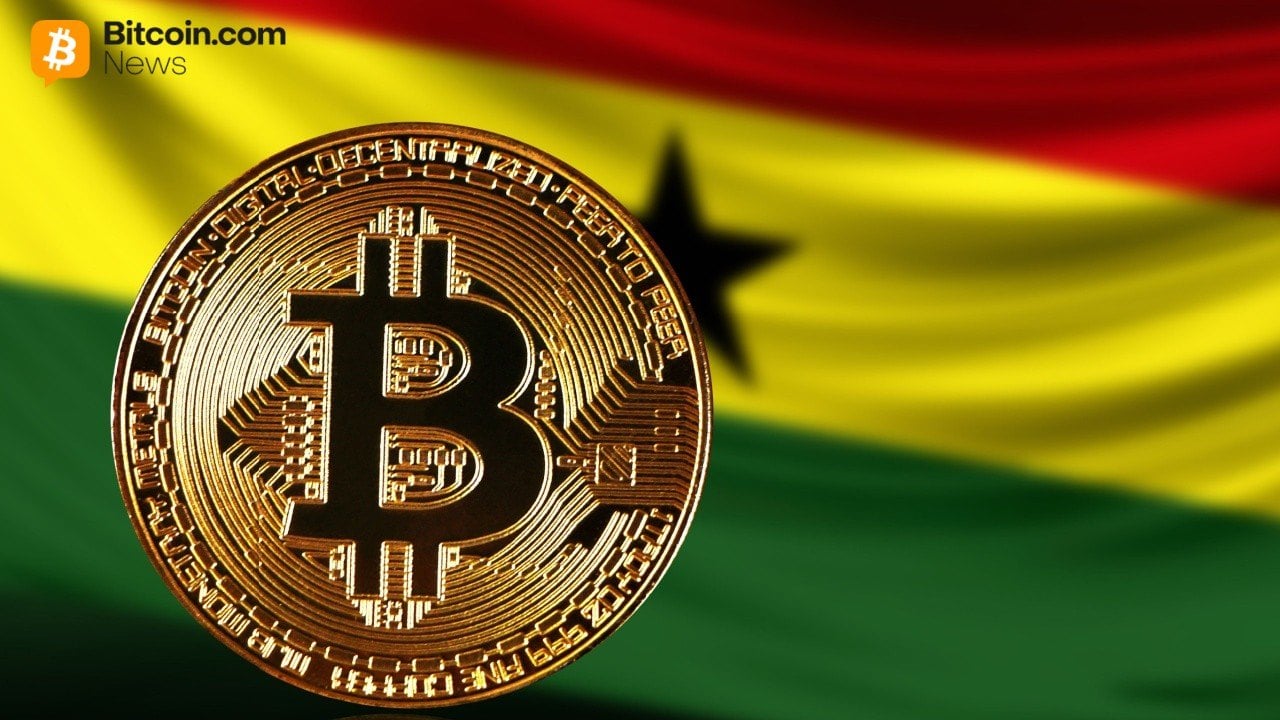The rise in
interest in digital assets has led to a significant increase in crypto
sponsorships aimed at enhancing and nurturing brand loyalty among crypto
enthusiasts. These strategic alliances boost visibility and build trust in this
ever-changing sector.
The panel
titled “Beyond Traditional: Crypto Sponsorships & NFT Integration”
during November’s Finance Magnates London Summit (FMLS23) explored the
growing trend of crypto sponsorships and NFT integration, offering insights
into the dynamically evolving world of digital assets.
Moderated
by Stefania Barbaglio, the CEO of Cassiopeia Services, the panel featured
Soledad Contreras, the Director of Partnerships at CoinDesk, and Bruno Almeida,
the CMO at IOVLabs.
Crypto Is a “Male Dominated” Demographic
Contreras
highlighted the rapid development in crypto marketing, emphasizing the need for
innovative approaches to leverage technology and reach potential users. In
addition, she emphasized the importance of identifying the target audience.
Soledad Contreras, the Director of Partnerships at CoinDesk
“The
key for any brand is to be able to identify the audience and where that
audience lives, which type of content they consume, which type of events they
like to go to,” Contreras explained.
She pointed
out that crypto tends to appeal to a “very male dominated”
demographic interested in things like “Formula One, football and American
football.” Contreras argued that sponsoring related events can provide
“great visibility” and “good recognition” for crypto brands
looking to get their names out there.
Power of Community-Drive
Marketing
Bruno Almeida, the CMO at IOVLabs
Her
co-panelist, Almeida from IOV Labs, elaborated on various sponsorship
strategies, differentiating between sponsoring sports teams, influencers, events
and venues. The goal is always “brand recognition,” he said, but the
specifics depend on whether a company want to tap into an existing audience
base or associate your brand with a popular personality.
According
to Almeida, decentralized, community-driven marketing can also be very powerful.
“If you do something to upset your core community, they will challenge you
back, so you have to keep engaging with them on an ongoing basis to keep them
happy,” Almeida added.
NFTs Will Bring Crypto to
Mainstream
When the discussion
turned to NFT integration, Contreras shared how CoinDesk leveraged NFT
technology for virtual ticketing at their flagship event. Attendees could
“purchase their consensus pass as an NFT” and access various perks by
proving ownership on-chain. She believes mass adoption in crypto will arrive
when mainstream brands like “Coca-Cola or, McDonald’s or Pepsi” start
offering “loyalty programs that have an NFT component.”
Almeida
concurred, suggesting that NFTs can transform customer loyalty initiatives if
used creatively to provide exclusive experiences. Contreras also highlighted
their potential to combat counterfeits and verify ownership of physical goods
like luxury watches.
Crypto Marketing Is Still Growing
The
panelists expressed optimism about the future of marketing in the crypto
industry while acknowledging there is still much progress to be made. As Contreras
stated: “it’s a tough gig for Web3 marketers trying to deal with the new technology.”
She elaborated that the sector is constantly changing, and marketers must
contend with regulatory uncertainty on top of an unfamiliar technological
landscape.
However, the CoinDesk
representative believes crypto marketing has a bright future. “I
think it’s all happening and it’s not going anywhere. I promise.” Her
co-panelist Bruno Almeida concurred, suggesting there are many creative
applications of blockchain technology still to be explored in areas like
loyalty programs, collectibles, and more.
In summary,
the panelists agreed that crypto marketing is still in its early stages but
holds great promise as the technology matures. As Contreras put it, “The
best Web 3 marketers are still training because we haven’t had them before.
This is such a new sector.” Marketers would do well to continue educating
themselves and experimenting with new applications of these groundbreaking
technologies.
The rise in
interest in digital assets has led to a significant increase in crypto
sponsorships aimed at enhancing and nurturing brand loyalty among crypto
enthusiasts. These strategic alliances boost visibility and build trust in this
ever-changing sector.
The panel
titled “Beyond Traditional: Crypto Sponsorships & NFT Integration”
during November’s Finance Magnates London Summit (FMLS23) explored the
growing trend of crypto sponsorships and NFT integration, offering insights
into the dynamically evolving world of digital assets.
Moderated
by Stefania Barbaglio, the CEO of Cassiopeia Services, the panel featured
Soledad Contreras, the Director of Partnerships at CoinDesk, and Bruno Almeida,
the CMO at IOVLabs.
Crypto Is a “Male Dominated” Demographic
Contreras
highlighted the rapid development in crypto marketing, emphasizing the need for
innovative approaches to leverage technology and reach potential users. In
addition, she emphasized the importance of identifying the target audience.
Soledad Contreras, the Director of Partnerships at CoinDesk
“The
key for any brand is to be able to identify the audience and where that
audience lives, which type of content they consume, which type of events they
like to go to,” Contreras explained.
She pointed
out that crypto tends to appeal to a “very male dominated”
demographic interested in things like “Formula One, football and American
football.” Contreras argued that sponsoring related events can provide
“great visibility” and “good recognition” for crypto brands
looking to get their names out there.
Power of Community-Drive
Marketing
Bruno Almeida, the CMO at IOVLabs
Her
co-panelist, Almeida from IOV Labs, elaborated on various sponsorship
strategies, differentiating between sponsoring sports teams, influencers, events
and venues. The goal is always “brand recognition,” he said, but the
specifics depend on whether a company want to tap into an existing audience
base or associate your brand with a popular personality.
According
to Almeida, decentralized, community-driven marketing can also be very powerful.
“If you do something to upset your core community, they will challenge you
back, so you have to keep engaging with them on an ongoing basis to keep them
happy,” Almeida added.
NFTs Will Bring Crypto to
Mainstream
When the discussion
turned to NFT integration, Contreras shared how CoinDesk leveraged NFT
technology for virtual ticketing at their flagship event. Attendees could
“purchase their consensus pass as an NFT” and access various perks by
proving ownership on-chain. She believes mass adoption in crypto will arrive
when mainstream brands like “Coca-Cola or, McDonald’s or Pepsi” start
offering “loyalty programs that have an NFT component.”
Almeida
concurred, suggesting that NFTs can transform customer loyalty initiatives if
used creatively to provide exclusive experiences. Contreras also highlighted
their potential to combat counterfeits and verify ownership of physical goods
like luxury watches.
Crypto Marketing Is Still Growing
The
panelists expressed optimism about the future of marketing in the crypto
industry while acknowledging there is still much progress to be made. As Contreras
stated: “it’s a tough gig for Web3 marketers trying to deal with the new technology.”
She elaborated that the sector is constantly changing, and marketers must
contend with regulatory uncertainty on top of an unfamiliar technological
landscape.
However, the CoinDesk
representative believes crypto marketing has a bright future. “I
think it’s all happening and it’s not going anywhere. I promise.” Her
co-panelist Bruno Almeida concurred, suggesting there are many creative
applications of blockchain technology still to be explored in areas like
loyalty programs, collectibles, and more.
In summary,
the panelists agreed that crypto marketing is still in its early stages but
holds great promise as the technology matures. As Contreras put it, “The
best Web 3 marketers are still training because we haven’t had them before.
This is such a new sector.” Marketers would do well to continue educating
themselves and experimenting with new applications of these groundbreaking
technologies.















